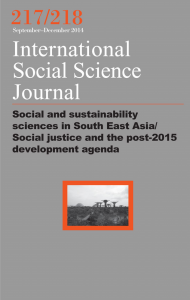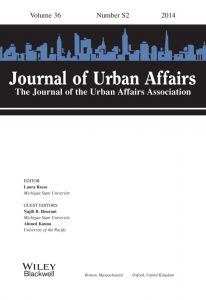Update: Us too! Why it’s time to give female death by suicide some serious sociological attention!
by Sharon Mallon, Open University, UK · Published · Updated

It is almost a year since I wrote this original blog post, linking to my research paper, An exploration of integrated data on the social dynamics of suicide among women, published in Sociology of Health & Illness. Statistics published since then show that as the overall suicide rate in the UK continues to show a downward trend, the rate of suicide among young girls aged 15-19, grew to its highest rate since records began in 1981 (Mohdin, 2018). The National Women’s council of Ireland has also warned that the Republic of Ireland now has the highest suicide rate for female children in the EU (Gallagher, 2018)
However, there are some reasons to be positive, after many decades of being ignored, or as my original post suggested ‘othered’, there are now signs that female only studies of suicide are now starting to emerge. For the first time ever, the National Confidential Inquiry (2018) into Suicide in the UK undertook a special analysis of female only suicides. They determined that women were more likely than men to be in contact with services in the week before death, and that they were also likely to be viewed as being at high or moderate risk of suicide. On a global level, new studies have shown that suicide and suicidal behaviour among younger women, can be linked to labour market conditions as well as sexual and physical violence (Sengupta and Jantzen, 2018, Baena et al, 2019).
Such studies are a step towards challenging established female suicide narratives that suggest these deaths can be associated with relationship breakdown and biological factors such as hormonal differences. These studies also further highlight that in contrast to men who often die without seeking help (Mallon, 2018), women often do seek help just before their death and are more likely to be known by healthcare providers to be vulnerable to suicide. Thus demonstrating that the opportunities to prevent these suicides potentially remain under exploited.
My interest in this area, has led me to undertake further research. I am currently working with interview data from relatives of fifteen women who were heavily involved with services prior to their death by suicide. Early findings from my narrative analysis suggests the state of hopelessness they faced, as the days before they ended their lives, was at least in part connected to their past experiences of psychiatric care. There was particular fear of further inpatient treatment, which families reported had not only be ineffectual, but evoked strongly negative responses because it relied so heavily on medication that turned their relatives into “zombies”.
It is worth noting, that suicide is a complicated phenomenon, many factors can contribute to an individual’s decision to end their life. Furthermore, few in the UK would doubt that NHS staff working in Mental Health Services are particularly stretched at the moment, years of austerity have had a major impact both on demand for services and on the ability of these services to respond to this demand (O’Hara, 2017). One recent report on the CAHMS (Child and Adolescent Mental Health Service) in the UK reported simply that it was “not fit for purpose” (BBC, 2018). Clearly, further work is needed if we are to adequately understand the role of failed help seeking and lack of availability of meaningful services, on the lives and in some cases deaths, of these young women.
BBC (2018), ‘Child mental health: CAMHS ‘not fit for purpose’ https://www.bbc.co.uk/news/health-45607313. Accessed 25th August 2019
Sharon Mallon PhD, is a Mental Health Lecturer at the Open University. She was awarded her PhD in 2010 for a qualitative study of young adults’ suicides from the perspective of their friends. Since then her research interests have continued to focus on suicide prevention and postvention. She has published widely in national and international journals, including a novel, feminist sociological analysis of female suicide. She has recently developed an interest on the emotional impact of researching sensitive subjects on researchers.
World Suicide Prevention Day (WSPD) 2019 is 10th September 2019. For more information see https://www.iasp.info/wspd2019/ .
For support on issues raised in this article, Samaritans can be contacted for free by phone on 116 123, or by email at jo@samaritans.org. More information is available at: https://www.samaritans.org/how-we-can-help/contact-samaritan/







1540-6210/asset/society_affiliation_image.gif?v=1&s=812a48e1b22880cc84f94f210b57b44da3ec16f9)